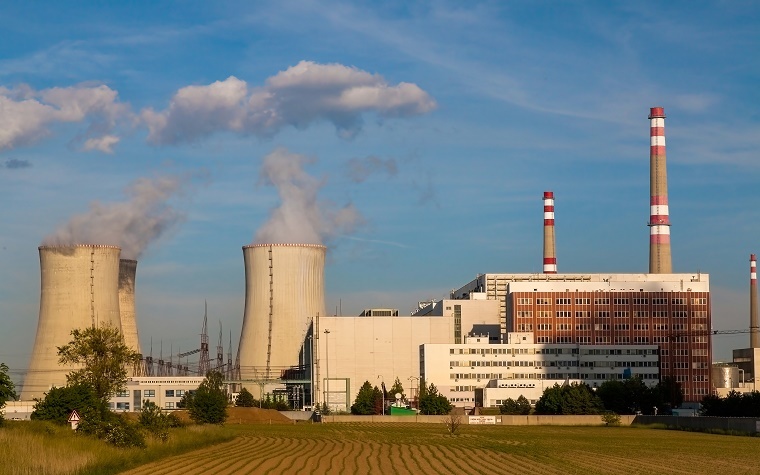The Nuclear Energy Innovation Capabilities Act (H.R. 4084), a bipartisan bill to support federal research and development (R&D) and stimulate private investment in advanced nuclear-reactor technologies in the U.S., advanced out of the House Committee on Science, Space, and Technology.
Under the bill, the Department of Energy (DOE) would prioritize federal R&D infrastructure that allows the private sector to invest in advanced reactor technologies, while providing a means for private investors to continue with prototype development at DOE labs.
The bill, approved by voice vote, was introduced by Energy Subcommittee Chairman Randy Weber (R-TX) along with Full Committee Ranking Member Eddie Bernice Johnson (D-TX) and Chairman Lamar Smith (R-TX).
“America must maintain our R&D capabilities, and continue to develop cutting-edge nuclear technology here at home," Weber said. "Without the prioritization outlined in this bill, we’ll lose the ability to develop innovative nuclear technology and be left importing reactor designs from overseas. Right now, we have the best nuclear engineers and manufacturing capacity in the world. America’s export economy is a key to our global strength, and this bill will provide a long-term plan to ensure that we do not lose our talent.”
The bill aims to encourage the private sector to partner with national labs to develop novel reactor concepts through several components. It would require the Department of Energy (DOE) to implement a concrete, transparent, 10-year plan to prioritize nuclear R&D programs. It also would utilize the supercomputing infrastructure of the DOE to make nuclear energy R&D easier and provide direction for a DOE reactor-based fast-neutron source set to function as an open-access user facility.
“Nuclear power plays a vital role in providing our country with clean, reliable energy," Johnson said. "I am very concerned about the growing threat of climate change. Nuclear power can and should play a key role in our efforts to reduce the carbon footprint of our electricity sector, but there currently are technical, economic and policy challenges that prevent nuclear energy from playing a larger role in enabling our clean energy future. The Nuclear Energy Innovation Capabilities Act takes several positive steps to address these challenges. Implementing the provisions in this bill will help accelerate the development of advanced nuclear energy technologies that are safer, less expensive, more efficient and produce less waste than the current generation of nuclear reactors. It is my hope that the provisions in this bill can aid in ensuring a bright future for the U.S. nuclear energy industry.”


 Alerts Sign-up
Alerts Sign-up